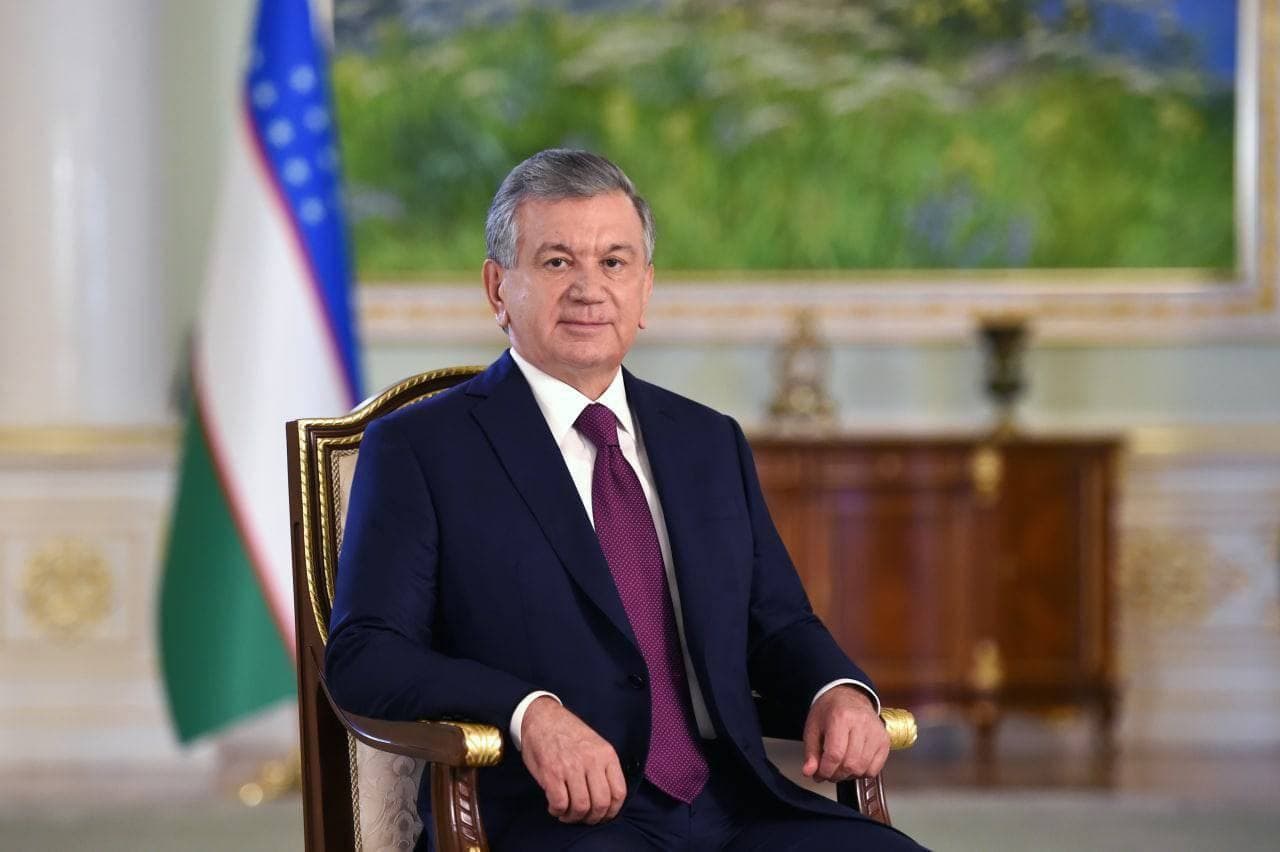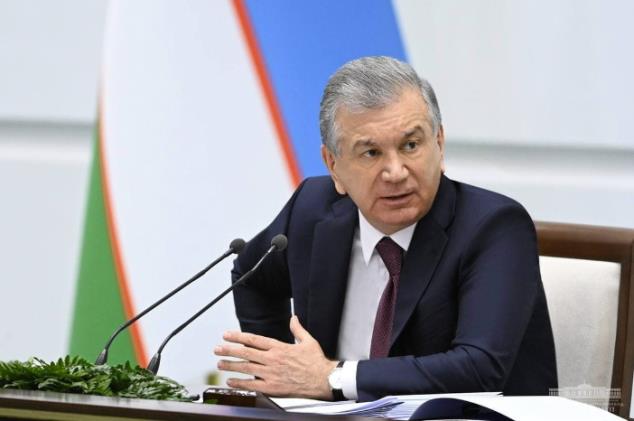In recent years, Uzbekistan, a Central Asian nation boasting a population of 36 million, has undergone a significant metamorphosis under the stewardship of Shavkat Mirziyoyev. From its prior status as a closed, authoritarian state, Uzbekistan has emerged onto the global stage, actively embracing international trade, and warmly welcoming foreign investments and tourists.
The Rise of Shavkat Mirziyoyev: Championing Transformation
Shavkat Mirziyoyev’s ascension to power in 2016 marked a pivotal moment in Uzbekistan’s history. Armed with extensive administrative experience, his tenure initiated sweeping reforms, steering the nation towards an open economy and a more inclusive society. Mirziyoyev’s deep comprehension of Uzbekistan’s economic hurdles facilitated swift and decisive governance changes.
Economic Renaissance via Foreign Investment

Mirziyoyev’s blueprint for economic rejuvenation heavily relied on attracting foreign investments and privatizing state-owned enterprises. Notably, Germany emerged as a key ally, channeling over $2.5 billion in investments into Uzbekistan within two years. Major German corporations such as MAN, CLAAS, Knauf, and Falk Porsche Fiberglass established significant operational footholds, fostering remarkable economic growth.
Global Trade Expansion as a Driver of Progress
Uzbekistan’s historical role as a prime exporter of commodities like cotton, gold, uranium, fruits, and vegetables underwent a paradigm shift. Mirziyoyev’s initiatives steered the nation away from monopolized production, revitalizing cotton processing, nurturing the textile industry, and embracing market-oriented cotton harvesting—effectively eradicating forced labor practices.
Mirziyoyev’s Commitment to Sustainable Energy

In a bid to modernize the economy and reduce dependence on fossil fuels, Mirziyoyev ambitiously aimed to elevate the share of renewable energy to 40% by 2030. Collaborating closely with European, Chinese, and Middle Eastern partners, Uzbekistan actively pursued solar and wind power projects, drawing inspiration from Germany’s exemplary green energy initiatives.
Uzbekistan’s Vision for Future Progress
Mirziyoyev’s recent endorsement of Uzbekistan 2030 signifies a strategic roadmap to double the GDP, amplify export capacities, elevate education and healthcare systems, and uplift citizens’ incomes above global averages. This audacious vision aims to attract $110 billion in foreign investments, with Germany poised as a steadfast partner in realizing these ambitions.
Conclusion
Under Shavkat Mirziyoyev’s visionary leadership, Uzbekistan has embarked on an unparalleled journey of transformation, diversifying its economy, fortifying international relations, and championing sustainable development. The nation’s resolute commitment to ambitious goals lays the groundwork for sustained progress and prosperity, marking an indelible chapter in Uzbekistan’s narrative on the global stage.

